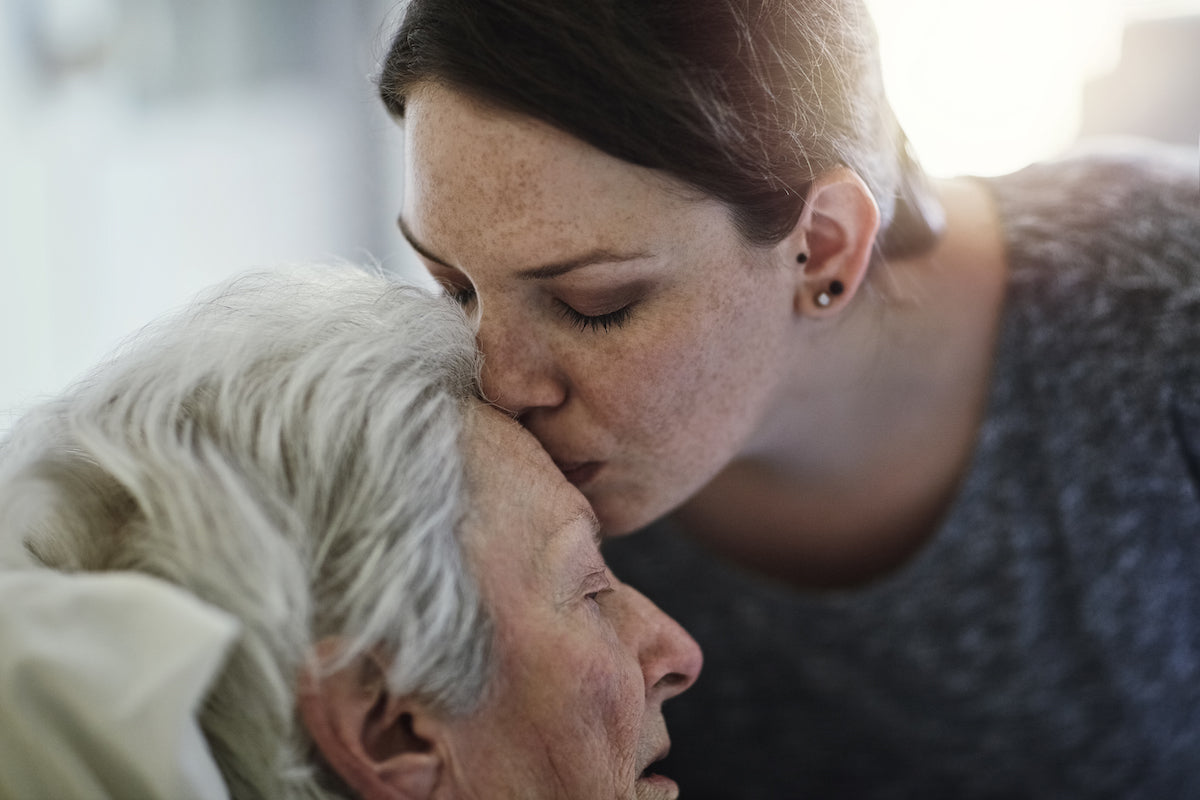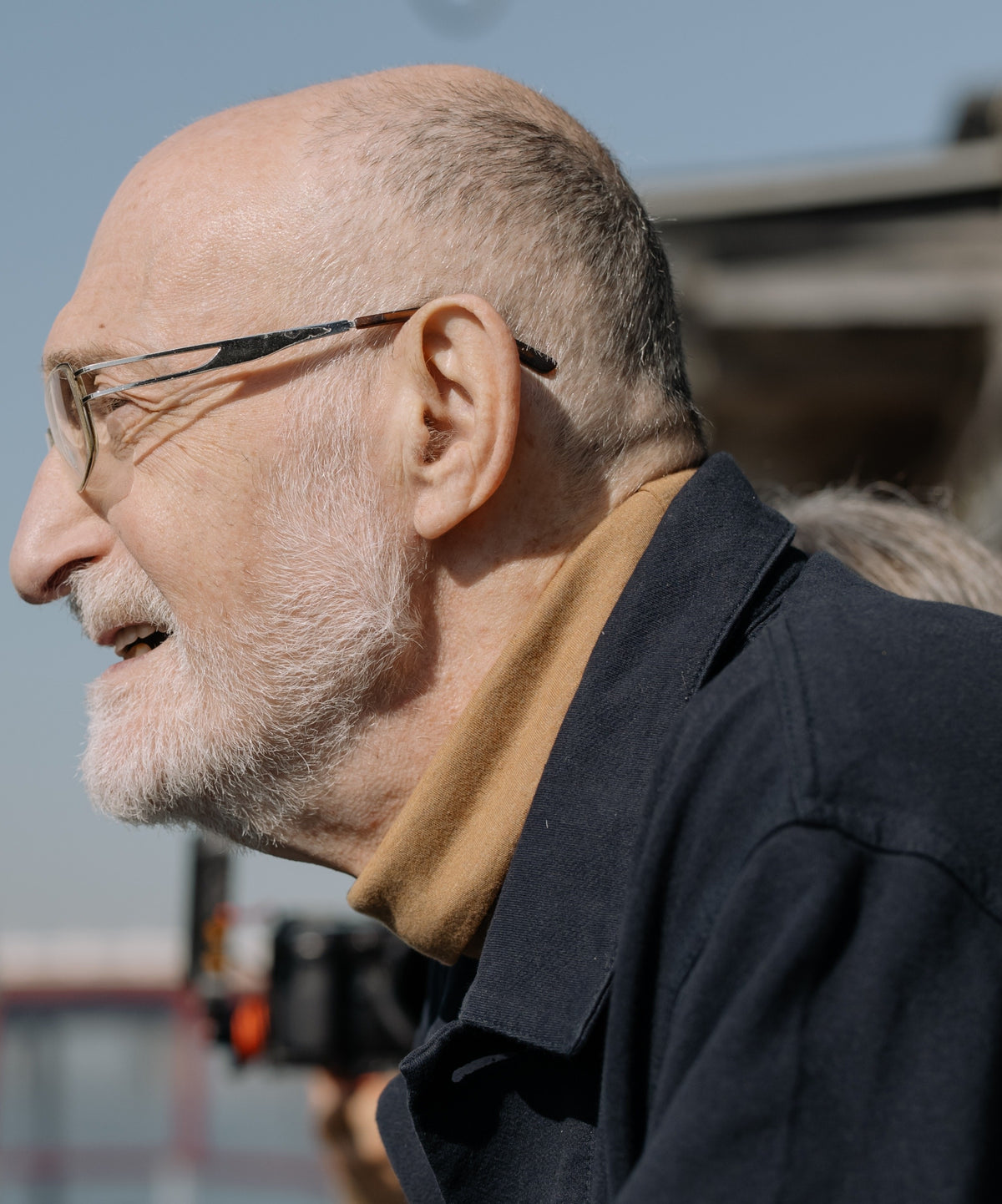This Coronavirus Has Thrown Caregiving Into New Territory

This coronavirus (COVID-19) pandemic has forced society into either staying well away from one another or in many cases, into isolation. This necessary step is hard for many people, but for caregivers, it’s downright terrifying.
The four major categories that most caregivers fit into are people who have loved ones living in assisted living, nursing homes or other facilities; caregivers who have older parents or others living in their own homes; those who have an elder living with them (or who live in the elder’s home); and caregivers for younger adults, often our children who have special challenges with health and/or cognition.
Our status as caregivers hasn't changed, yet circumstances have dramatically changed how we are able to provide care. This is the grim reality that caregivers are forced to accept. I can't change that for anyone (not even myself), but I can offer some ideas that may help some of you as you move through this.
The visitors ban: Years ago, I experienced a care facility visitor’s ban that lasted two weeks, which was concerning, but at least we had an end in sight. This ban due to the coronavirus (COVID-19) is far, far scarier.
Still, my experience taught me that there truly is a time when all I could do was all I could do. I relied on the phone for keeping in touch with my mom. For Dad, who couldn’t use the phone, I printed out, in large dark type, a pile of daily messages that the nursing home staff could give him – one each morning. We were fortunate in that we knew and trusted the staff. I can only imagine how hard this must be for anyone who has been newly admitted to a facility. Now, because of technology, there are a few more options.
Nearly all of us have seen images of younger people and/or spouses of people who are now in facilities who can allow no family in as visitors. Standing outside talking with their loved one by cell phone, or even standing outside and holding identifying signs signaling love, is helping some.
Tech tablets and smartphones are making it possible for some to visit by Skype, FaceTime, and other apps. Other than holding up signs, these are all new since my parents’ quarantine.
Unfortunately, many people living with dementia are unable to comprehend video visits and the staff members, all of whom are trying desperately not to spread the virus, will have limited time to sit and help them through family conferences. Even so, I'm seeing incredibly creative ideas coming out of care homes, including helping people sit in the doorways of their rooms while activities take place in the hallways.
Once more - all you can do is all you can do. You’ll need to trust these caregivers with your parents' (and often spouse’s) care because you’ll have no choice. Try to find some peace with it.
A parent home alone: This may be even more frightening, especially if your parent is particularly vulnerable during the best of times. However, if loneliness is their main risk here are some suggestions:
The Friendship Line: This is a free service from the Institute of Aging. It is staffed by volunteers who reach out and call people who are registered just to chat with them. “The call-out services act as an intervention to prevent suicide in the long term by improving the quality of life and connectedness of isolated callers.” I’m thinking that this could be a novel experience that may relieve families of the whole responsibility,
GeriJoy: This is a subscription tablet that is interactive in a way that not only entertains an elder at home but helps him or her do things that need doing such as taking medication and drinking more fluids. This is not the only tablet subscription out there, but it does seem to offer some of the most complete “caregiver replacement” available.
Grandpad. If you’re looking for an easy-to-use tablet for your older adult, the Grandpad has been around for a while and is specifically designed for adults over 75 or those who are not tech-savvy. These devices can help them keep up with family.
Caring for your parent or spouse in your home: Perhaps the most challenging of all is that many caregivers are now trying to care for a parent or spouse in their homes with limited supplies – sometimes limited food choices – and almost no outside contact. These caregivers alternate between fear for their loved ones’ lives and worry about how their parent or spouse will survive if they, the caregiver, becomes sick.
One type of distraction that might help both the caregiver and the care receiver, there are virtual tours on National Parks available, as are virtual tours of museums (less likely to absorb the attention of someone with dementia, but for others, this could be wonderful), and even opera and ballet. These opportunities expand daily so keep searching and you’ll likely see more.
Maria’s Place is offering activities kits and support for half price because of the virus so it might be worth a check if you are having trouble keeping an older adult with dementia occupied. Again, keep checking online for other options as well, since more are opening up daily.
Caring for an adult child at risk: I’m a care partner for a younger adult family member who is immunocompromised as well as asthmatic. He lives with me and I have the same concerns as those of you in similar circumstances.
Still, as I learned with my experience with my parents’ nursing home ban, I can do only so much. While I’ve long known that we don’t have huge control over many aspects of our lives, we can work on our attitudes of doing our best and then accepting what we can’t change. Acceptance is a powerful tool that can bring us some peace.
Acceptance does not mean that we like what is happening. It simply frees up our minds and hearts from constantly ruminating about what’s happening and lets us get on with what we need to do this day. Acceptance makes us far more powerful.
Stress relief for caregivers
Many caregivers fall into the "older adult" category. This makes your self-care a higher priority than ever. However, for your whole family's sake, caregivers of all ages need to keep their own health at the forefront.
Breathe: Dr. Andrew Weil offers you, in this video, a powerful way to relax that requires no equipment or risk of exposure to the coronavirus. This video will guide you as you learn the 4-7-8 method of breathing for health and relaxation.
Additionally, if there ever was a time for the Serenity Prayer, it is now. Here is the short version:
“...grant me the serenity to accept the things that I cannot change, the courage to change the things that I can, and the wisdom to know the difference.”
We need to support each other now more than ever, so check in on people you care about and then check in on those you don’t know so well. That is one thing that we have power over, even if “checking in” is through technology. I’m counting blessings now and that is high on my list.
***
Discover the Difference. EGOSAN - the Top-Rated incontinence brand from Italy. Now Available on Amazon.




